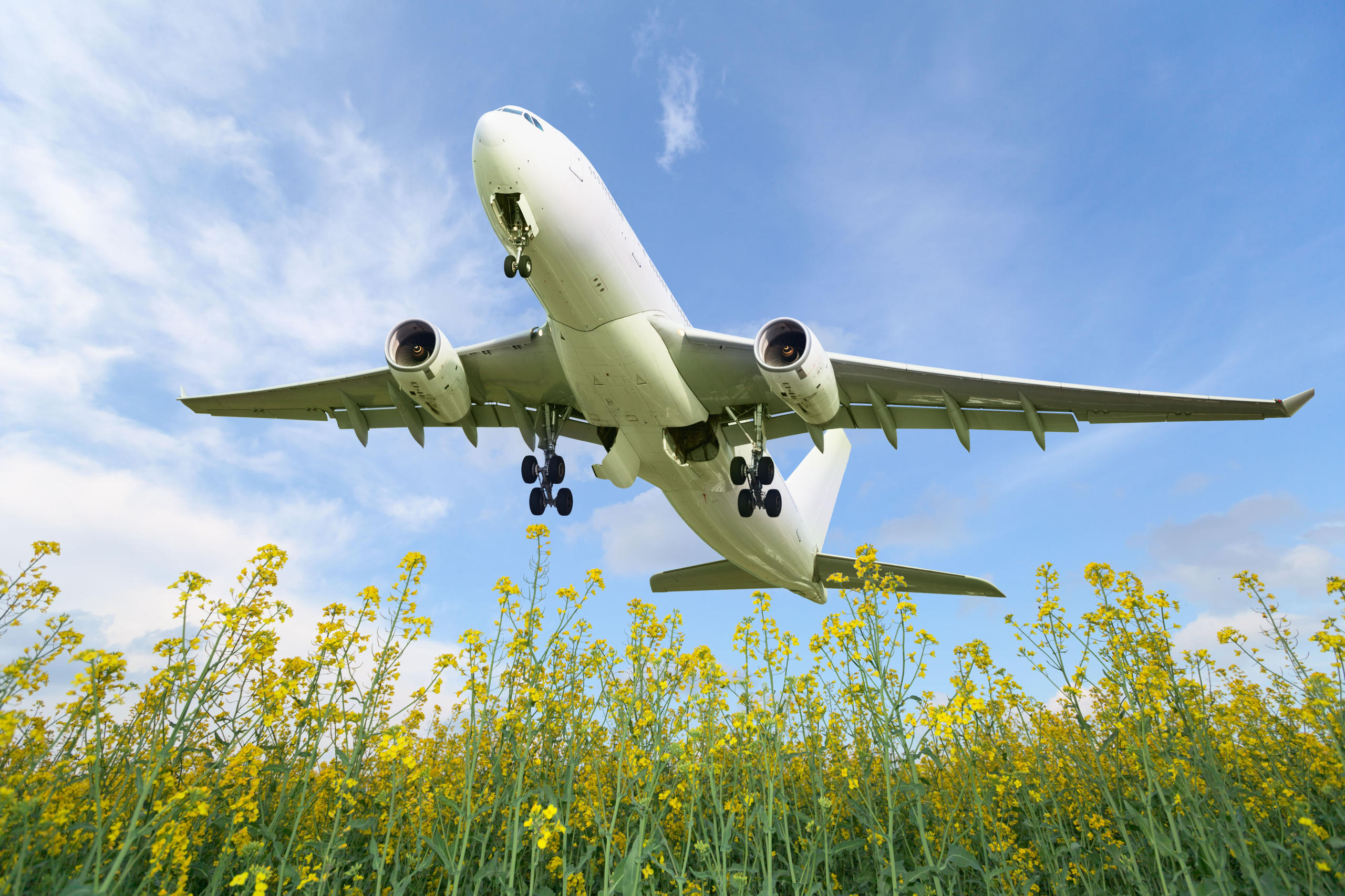
Swiss aviation sector aims to go carbon neutral by 2050

The Swiss aviation sector, which includes Swiss International Air Lines and Zurich Airport, has pledged to slash CO2 emissions and make flying net zero by 2050.
On Tuesday, Zurich, Geneva and Basel airports, together with SWISS, Easyjet, and the umbrella organisation Swiss Business Aviation Association (SSBA), published a statement of intent that confirms their support for the Paris Climate Agreement and the Swiss government’s plans to reduce net carbon emissions to zero by 2050. The document outlines a series of specfic measures it intends to implement to cut emissions.
“Climate change is one of the greatest challenges of our time. There is wide consensus that CO2 emissions must be reduced to avoid the serious consequences,” the key players said in a joint press release.
In the statement, the Swiss aviation sector said it planned to reduce CO2 emissions based on a “Road Map Sustainable Aviation” study and reportExternal link, which has been drawn up by the Aviation Research Center Switzerland (ARCS) and aviation experts.
Their declaration focuses on four specific measures: progressively replacing kerosene with jet biofuels or alternative synthetic fuels, using more energy-saving aircraft, operating aircraft on the ground and in the air in a more energy-efficient manner, and investing in carbon offset projects.
The organisations urged the Swiss federal authorities to actively support their road map, in particular via the development of sustainable aviation fuels.

More
Swiss research institutes join quest to find best green jet fuels
Today, airplanes account for 2-3% of global carbon dioxide (CO2) emissions, but their share has been growing rapidly and is expected to triple by 2050 as demand for flights – both passenger and freight – increases around the world.
Experts agree that there is no silver bullet to help aviation become greener and that a series of measures will have to be implemented in the coming decades. These include more fuel-efficient aircraft designs, electric planes and green jet fuels.

In compliance with the JTI standards
More: SWI swissinfo.ch certified by the Journalism Trust Initiative




























You can find an overview of ongoing debates with our journalists here . Please join us!
If you want to start a conversation about a topic raised in this article or want to report factual errors, email us at english@swissinfo.ch.